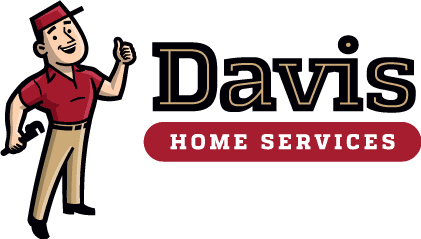Top Plumbing Tips for New Homeowners
A home plumbing system may experience issues like leaking faucets, clogged pipes, and low water pressure. If you don’t fix these issues early enough, they can cause property damage. Having some plumbing knowledge on the use of DIY plumbing tools contributes to the longevity and functionality of your plumbing system.
Know Your Home’s Plumbing System
Understanding your home’s plumbing system is crucial for home maintenance. The system is often hidden under floors or behind walls. It provides fresh water and carries away waste water safely. Although you must seek the services of a professional plumber for plumbing repair, understanding your plumbing layout and locating the main water shutoff valve allows you to react appropriately in case of emergencies.
Basic Plumbing Tools Every Homeowner Should Have
As a homeowner, having essential plumbing tools allows you to deal with minor plumbing issues when they occur. Some of the must-have tools in your homeowner plumbing kit include a plunger, an adjustable wrench, and a tape measure.
A plunger can help unclog sinks and other drainage issues. An adjustable wrench is versatile for replacing showerheads or fixing leaky faucets. They come in various sizes for tightening or loosening fittings. You can use a tape measure to measure the length of pieces of piping components that need replacement.
Preventative Maintenance Tips
Hire a professional to carry out regular inspections of your plumbing system to prevent plumbing leaks. Faucet leaks result from a worn-out washer, O-ring problems, or a corroded valve seat. Check around the toilet tank for dripping, and the base for pooling.
If you notice slow drainage, you need professional cleaning services to clear your drains. Early detection of clogs reduces expenses related to drain cleaning services. Professional plumbing maintenance helps identify potential underlying plumbing issues.
Water heater maintenance helps keep your appliance in good condition. You need a professional plumber to inspect the appliance every two to three months. The water heater must also be flushed once or twice a year. Flushing eliminates sediment build-up and improves the system’s longevity and efficiency.
Dealing With Common Plumbing Issues
Learning how to handle common plumbing issues is handy when you need emergency plumbing help. To unclog a toilet, create a seal by slowly pushing down the plunger, then pull it back quickly. In the case of a leaky faucet, pry off the handle’s decorative cap and remove the handle screw. Open every other component and replace the O-ring.
For more advanced issues like burst pipe repair, contact a professional plumber for help. If you live in Burlington County, Camden County, or Philadelphia County, contact our expert team of plumbers at Davis Home Services.
When To Call A Professional Plumber
Professional plumbers provide effective solutions to fix your plumbing system. You need to call a professional when you begin noticing foul smells from your drains, rattling noises in the pipes, and slow drainage.
If your plumbing system is old, call a plumber to conduct professional inspections. To find a reliable plumber, identify a company’s experience and research customer testimonials about their service quality.
Conclusion
Start working with a reputable plumber early enough to prevent costly plumbing repairs. Davis Home Services offers professional plumbing solutions in Philadelphia, Burlington, and Camden County. Our experts are highly skilled in keeping your system in top condition.
FAQs
What are the essential plumbing tools every homeowner should have?
Homeowners should have tools for clearing clogs, wrenches, and pipe work tools. These include plungers, augers, and gloves. They are simple to use and don’t require much training.
How often should I inspect my plumbing system for leaks?
Depending on your schedule, you can carry out weekly or monthly plumbing system inspections. For an in-depth analysis, consult a professional plumber. They will examine your plumbing system and come up with the appropriate inspection and maintenance schedule.
How can I prevent clogs in my drains?
Your drains are affected by what goes through them. Avoid dumping grease, oils, and other sticky substances down your drain. Warm grease and oils cool in the pipes and form clogs. Additionally, trap your hair using a mesh screen to prevent it from going into the drain.

